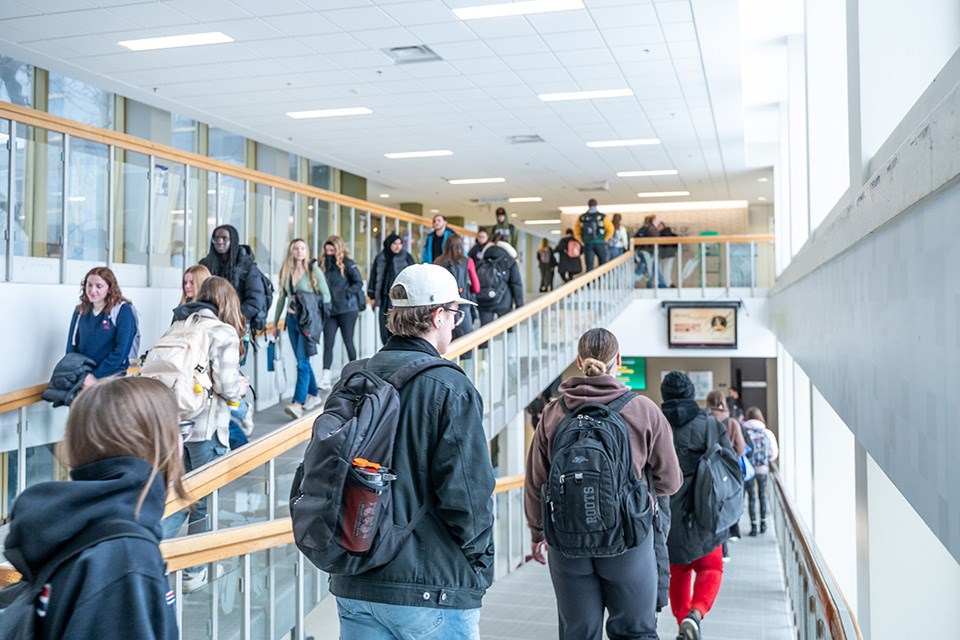Summer is winding down and those three familiar words—Back to School—are everywhere. But for post-secondary students, this isn’t just a seasonal shift. It’s a major financial commitment that demands careful planning.
Unlike K–12 schooling, which is publicly funded, post-secondary education comes with a hefty price tag: tuition, textbooks and, for many, the cost of living away from home. For many students, that can mean accumulating $20,000 to $30,000 or more in debt by graduation. And without a clear strategy, that debt can pile up with no guarantee of a good job at the end.
There’s also the often-overlooked cost of lost earnings. Students old enough to work are giving up potential income by staying in school (what economists call “opportunity cost”). It means missing out on money they could have earned in the workforce while accumulating debt instead.
Even so, many young people still pursue higher education in the hope of landing better jobs. But that only works if they take the time to research their options. A bachelor’s degree hasn’t been a guaranteed job ticket in years, especially in fields like general arts or social sciences, where job prospects are often limited without additional skills or experience. Too many students graduate with generic degrees and no clear path forward: just debt and lost time.
To avoid that outcome, students need to plan early and plan smart.
Start by researching the job market. Look up employers in your field of interest. Find out what skills and experience they expect, and choose programs and courses that align. Better yet, reach out directly and ask what they look for in new hires.
The rise of artificial intelligence is accelerating these challenges. Many routine or entry-level jobs, including some held by recent grads, are being automated or redefined. Employers are increasingly looking for candidates with not just credentials, but digital literacy, adaptability and hands-on experience that AI can’t easily replace.
Work experience matters. Employers want more than academic credentials: they want proof you can show up, take direction and work with others. Whether it’s part-time or summer jobs, co-op placements or internships, getting experience during your studies builds your résumé and gives you industry contacts. Co-op programs, where available, are especially valuable.
Networking is just as important. Your personal network starts with family and friends, then expands to include professors, classmates, alumni and employers. In a competitive job market, these relationships can open doors that degrees alone cannot.
This advice applies just as much to those considering graduate school. Many disappointed bachelor’s grads double down on education by jumping into a master’s—especially an MBA—without any work experience. But even advanced degrees offer diminishing returns when not backed by practical experience and a clear employment strategy.
Back-to-school season may bring memories of homework, but post-secondary students now face a far more serious assignment: protecting their future. Without a clear plan, too many will graduate into debt and disappointment. But those who treat education as a strategic investment — with purpose, experience and adaptability — give themselves a real shot at success.
Dr. Roslyn Kunin is a respected Canadian economist known for her extensive work in economic forecasting, public policy, and labour market analysis. She has held various prominent roles, including serving as the regional director for the federal government’s Department of Employment and Immigration in British Columbia and Yukon and as an adjunct professor at the University of British Columbia. Dr. Kunin is also recognized for her contributions to economic development, particularly in Western Canada.
The commentaries offered on SaskToday.ca are intended to provide thought-provoking material for our readers. The opinions expressed are those of the authors. Contributors' articles or letters do not necessarily reflect the opinion of any SaskToday.ca staff.




